#Lisbon Earthquake
Explore tagged Tumblr posts
Text
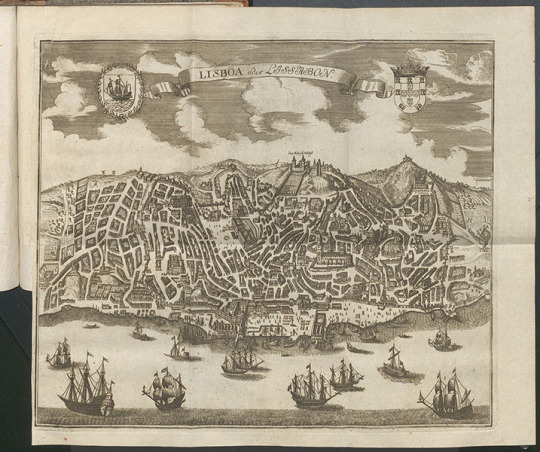

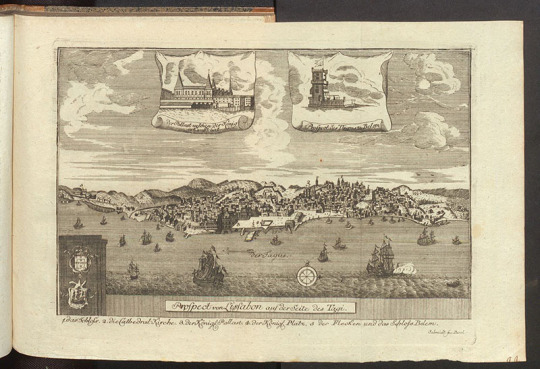
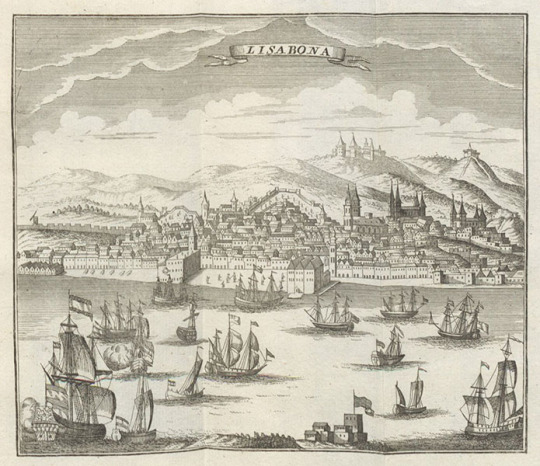

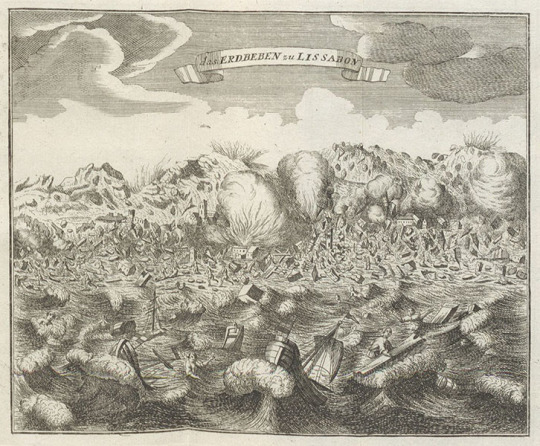
Lisbon Earthquake of 1755 – Scientist of the Day
The great Lisbon Earthquake struck Portugal, north Africa, and the eastern Atlantic seabed on Nov. 1, 1755, with Lisbon experiencing the most extensive destruction and loss of life.
read more...
#Lisbon earthquake#geology#sammelbands#histsci#histSTM#18th century#history of science#Ashworth#Scientist of the Day
21 notes
·
View notes
Photo
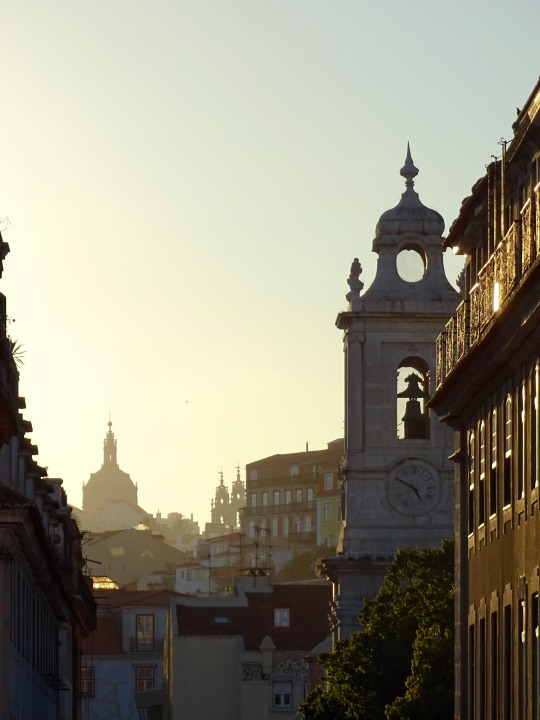
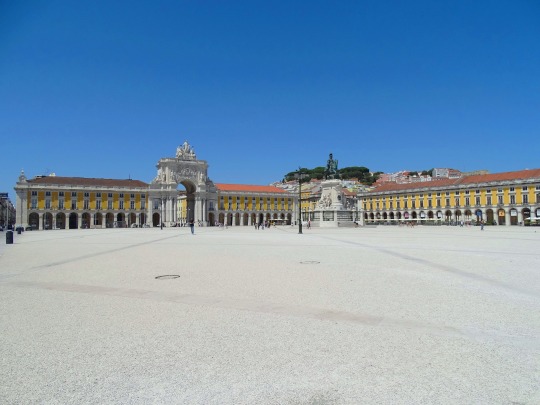
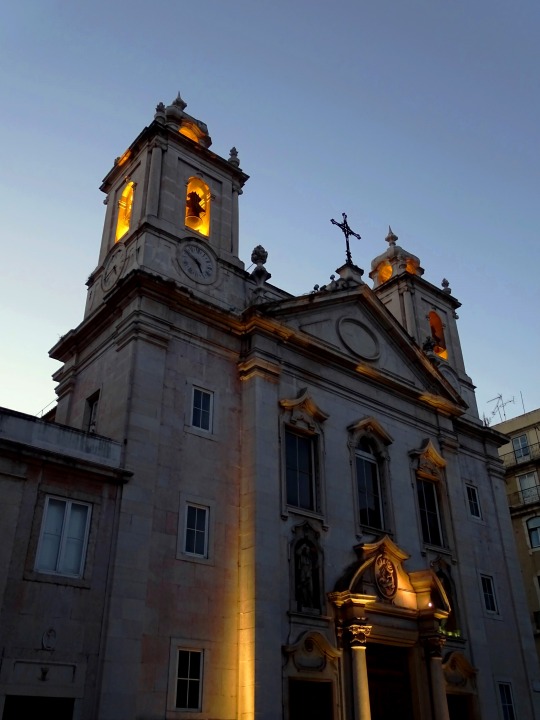
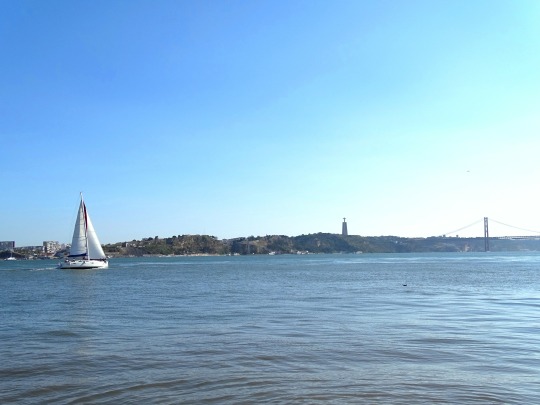
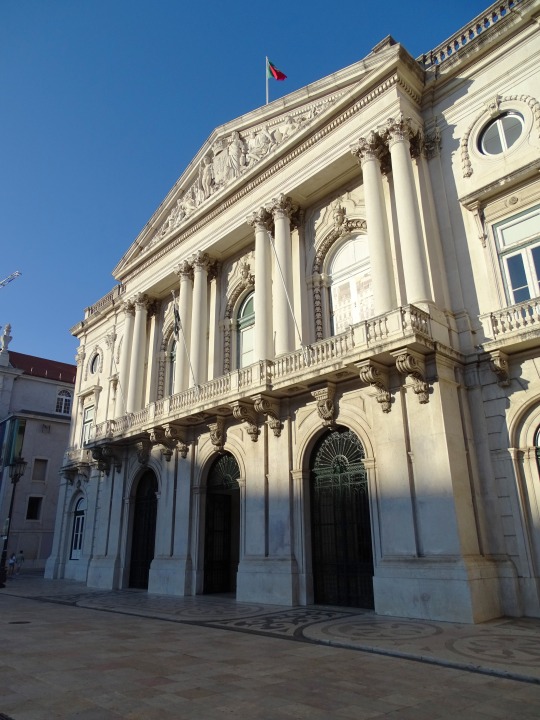
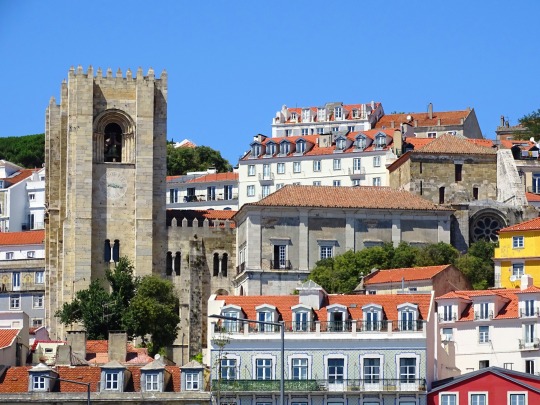
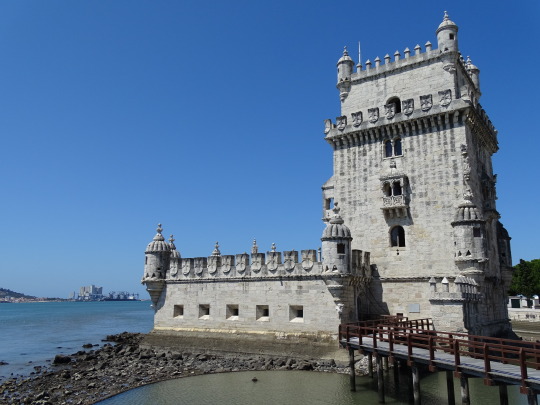
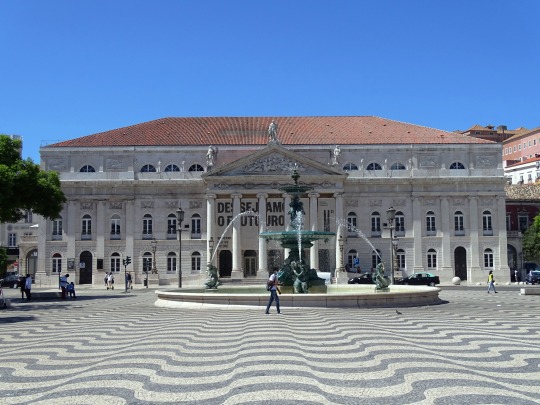
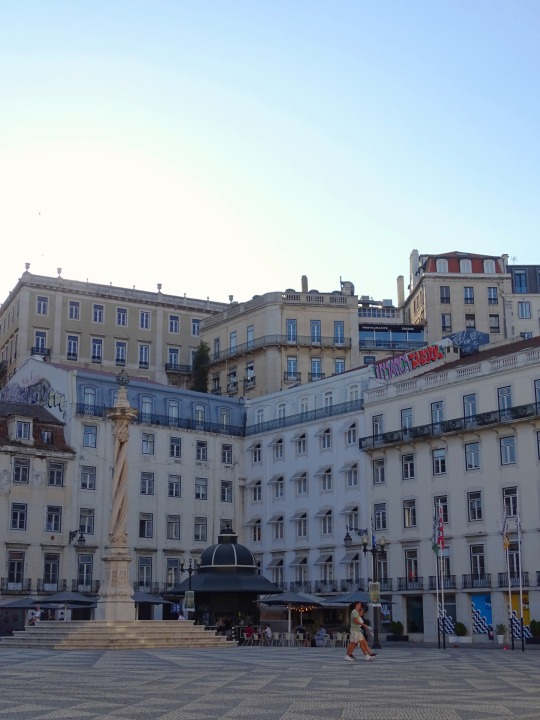
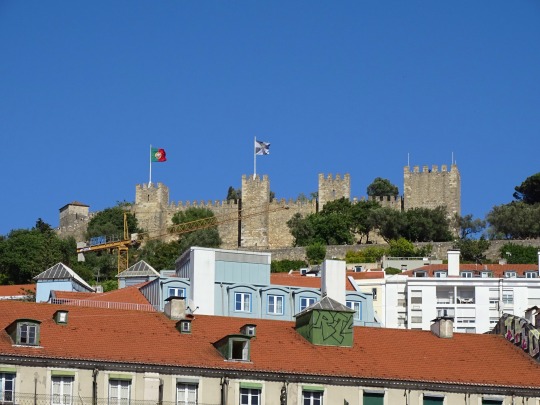
The 6.4–7.1 Mw Lisbon earthquake killed about thirty thousand people on January 26, 1531.
#Lisbon earthquake#26 January 1531#anniversary#Portugal#Lisbon#travel#Portugese history#Praça do Comércio#Lisboa#architecture#cityscape#vacation#summer 2021#Southern Europe#original photography#tourist attraction#landmark#River Tagus#Tejo River#Igreja de São Paulo#city hall#Lisbon Cathedral#Belém Tower#Rossio#São Jorge Castle#Praça do Município
23 notes
·
View notes
Text
XXX3 November 1
xxx3 November 1 November is a month of transformation and reflection, where the world around us undergoes significant change as we prepare for the winter months ahead. The days grow shorter, the air becomes crisp, and the trees shed their leaves, reminding us of the beauty of impermanence and the value of staying grounded in the present moment. In November, we gather together with family and…

View On WordPress
#European Union#historical dates.#History#hydrogen bomb#Lisbon earthquake#notable events#November#Paradise Papers#Sistine Chapel#women in medicine#world events
0 notes
Text
I feel like the Lisbon Earthquake should be taught more widely. It kneecapped the Portuguese empire and its colonial ambitions, it was so horrifying that it created a rift in Christian theology, it started seismology as a serious study in Europe, it razed an entire capital city to the ground killing 1/5 of its population.
It was a combination earthquake-tsunami-fire that took place on a major holiday. Cmon we should talk about this more it’s fucking wild
24 notes
·
View notes
Text
People in the comments of the Assassin's Creed: Shadows trailer becoming armchair historians trying to explain why Yasuke shouldn't be a protagonist actually are hilarious. Like besties this is a franchise where people can control eagles with their minds and a good 5% of the population are descended from evil psychic aliens. I THINK we can expand on a story of Japan's only-recorded African koshō without it jumping the shark.
#Assassin's Creed#Assassin's Creed Shadows#Actually losing my mind at gamer bros trying to logic a story that's LONG gone off the sanity rails#Like guys I get that Ubisoft 'prides itself' on historical accuracy but like#Ezio did not set Venice on fire Connor did not start the Boston Massacre and Shay didn't set off the 1755 Lisbon earthquake#Like we need to establish that this series follows historical details in some areas and then takes batshit crazy liberties in others#I hate giving credit to Ubisoft for their balls but.....yeah that took some nuts. Good job guys.#Absolutely wild that they're dropping preorders already. I will be eyeing this game's reviews but you're insane if you think I'm preorderin#Seta speaks
665 notes
·
View notes
Text
Guess who is going to the Quake Museum tomorrow FOR FREE
#yes the one about the lisbon 1755 earthquake#which recreates the whole thing#i am so fucking excited you people wont believe it#the company is taking us there to start a partnership#and I'm shitting my pants cause that shits expensive#and I GET TO SEE ITTTTTT#AND EXEPRIENCE ITTTTT#SO EXCITEDDDDDD
16 notes
·
View notes
Text
Anyway while I was writing the last post and the 'theres no point trying to reason why bad things happen because there is no reason' it made me think of Wootton's article and how he said V got better after writing Candide because it was his way of getting out emotions that he couldn't express otherwise and. fuck.
#like obviously V was saying it very generally like with the Lisbon earthquake#but in the context of Wootton's article? fuck dude 😭
3 notes
·
View notes
Text
finally something to lower rent prices in lisbon (earthquake)
#everything is fine it was just 5.8#but lisbon had a huuuge earthquake in 1755 and it's bound to happen again so like someone should tell the digital nomads and tourists idk#ana shut up omg
1 note
·
View note
Text
when your card declines at therapy so they bring out the 1755 lisbon earthquake incident
#shay cormac#shay patrick cormac#assassin's creed#dont talk to me im sensitive. i promise i will post interesting shay character analysis once im done sobbing over him like a baby#og post
168 notes
·
View notes
Photo

Marie Antoinette
Marie Antoinette (l. 1755-1793) was the queen of France during the turbulent final years of the Ancien Régime and the subsequent French Revolution (1789-1799). With the ascension of her husband Louis XVI of France (r. 1774-1792), she became queen at the age of 18 and would shoulder much of the blame for the perceived moral failures of the French monarchy.
Early Life
She was born in Vienna on 2 November 1755 as Maria Antonia Josepha Joanna, archduchess of Austria. Her birthdate was an inauspicious one, coming as it did a day after a great earthquake killed 30,000 people in Lisbon, a chilling portent of her unlucky future. But her parents, the Habsburg Empress Maria Theresa of Austria (l. 1717-1780) and Francis I, Holy Roman Emperor (l. 1708-1765), were at the zenith of their own glory and saw no reason not to celebrate the birth of their fifteenth and penultimate child, the future queen of France.
The young archduchess, affectionately nicknamed 'Madame Antoine' by her mother, enjoyed a happy childhood, spending her winters sledding down the hills near the family lodge at Laxenburg and her summers in the comforts of Schönbrunn Palace in Vienna. It was at Schönbrunn where Maria Antonia met child prodigy Wolfgang Amadeus Mozart when they were both seven and where she would take up her own interest in music, playing both harpsichord and flute, and excelling in the art of dancing. In a family so large, Maria Antonia found comfort in the friendship of her sister, Maria Carolina, future queen of Naples and Sicily.
Maria Theresa was never the warmest of mothers, but the death of her husband in 1765 would send the empress into a state of grieving that would last the rest of her life, often taking the form of dissatisfaction with the behavior of her youngest children. This distant and complex relationship with Maria Antonia, who was as much a political pawn as she was a daughter, could best be summed up in the later words of an adult Marie Antoinette, "I love the Empress, but I'm frightened of her, even at a distance; when I'm writing to her, I never feel completely at ease" (Fraser, 22). However, for a family as significant as the Habsburgs, duty would always come before filial love, and so Maria Antonia found herself betrothed to the dauphin of France in 1769.
A Franco-Austrian alliance was certainly a controversial development, as many people in each country hated the other; prior to the Seven Years' War (1756-1763), King Louis XV of France (r. 1715-1774) himself had been an enemy of Maria Theresa. Yet following that conflict, the weakened Kingdom of France had begrudgingly entered into an alliance of necessity with Austria, with both nations agreeing that such an alliance should be solidified with a marriage. It was eventually decided that Maria Antonia would be married to Louis XV's grandson, Louis-Auguste, Duke of Berry (l. 1754-1793) who had become heir and dauphin of France upon the death of his father in 1766. So, after a proxy marriage and a renunciation of all claims to Habsburg lands, Maria Antonia set off for France to meet her new husband and arrived in Versailles on 14 May 1770, aged only 14. Along with the title of dauphine, she also adopted the French version of her name: Marie Antoinette.
Continue reading...
27 notes
·
View notes
Photo
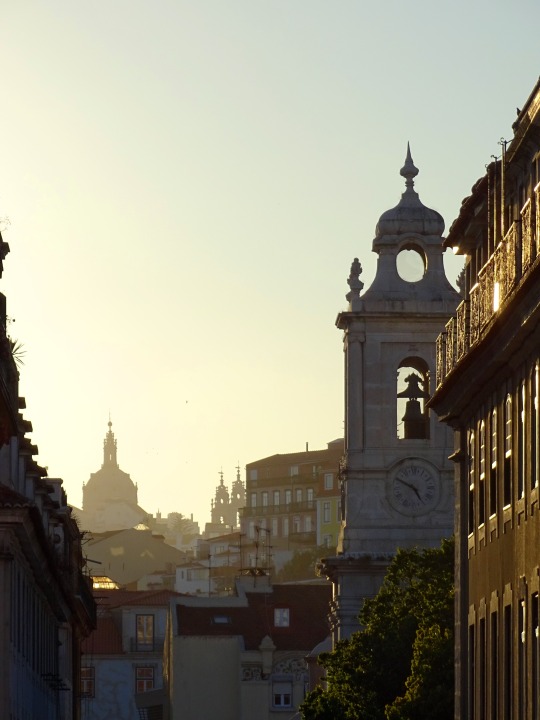
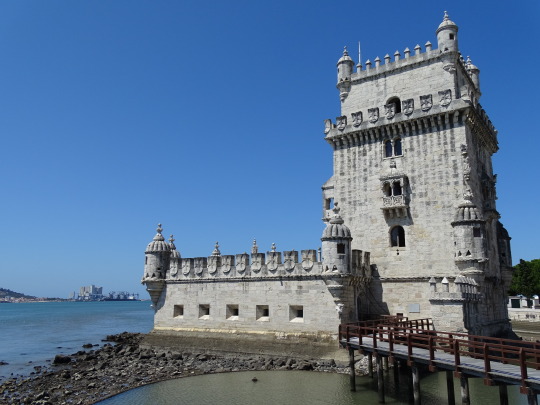
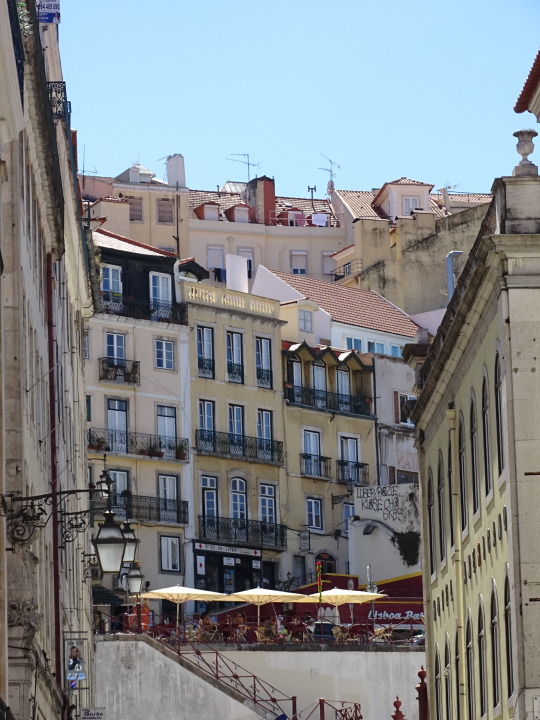
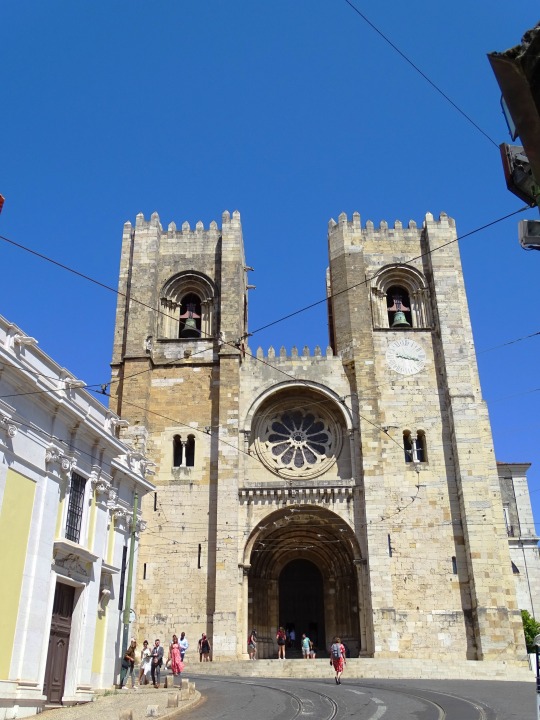
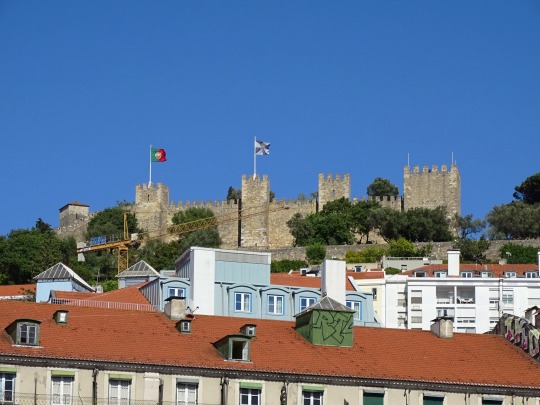
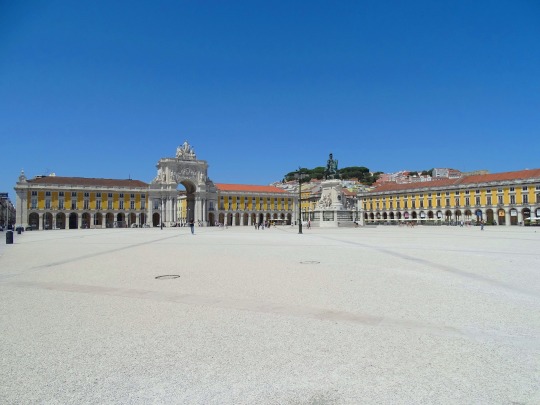
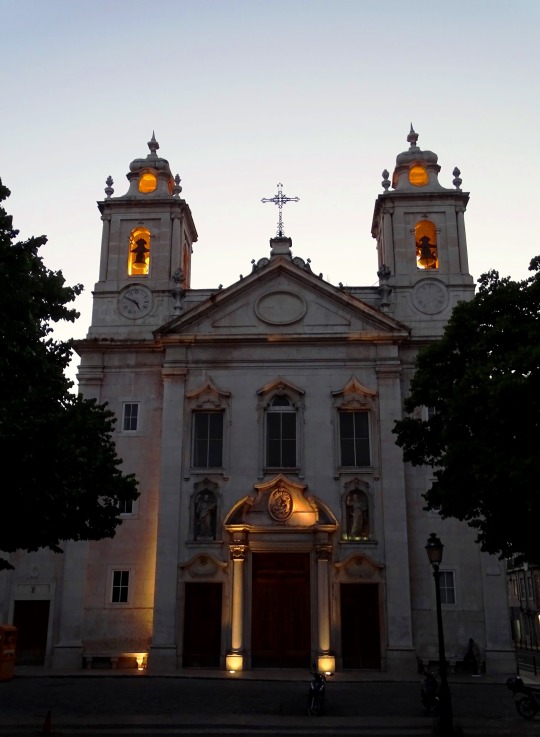
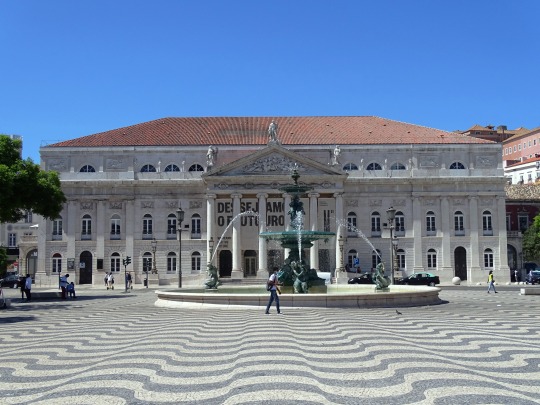
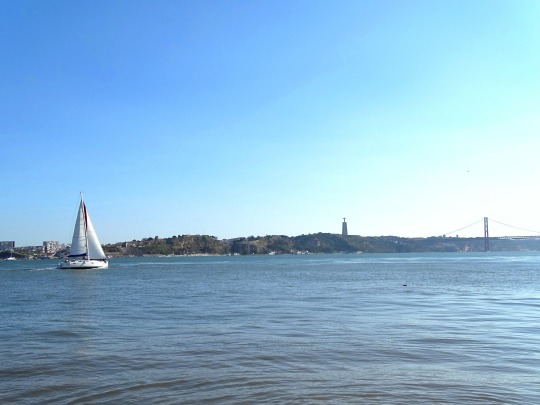
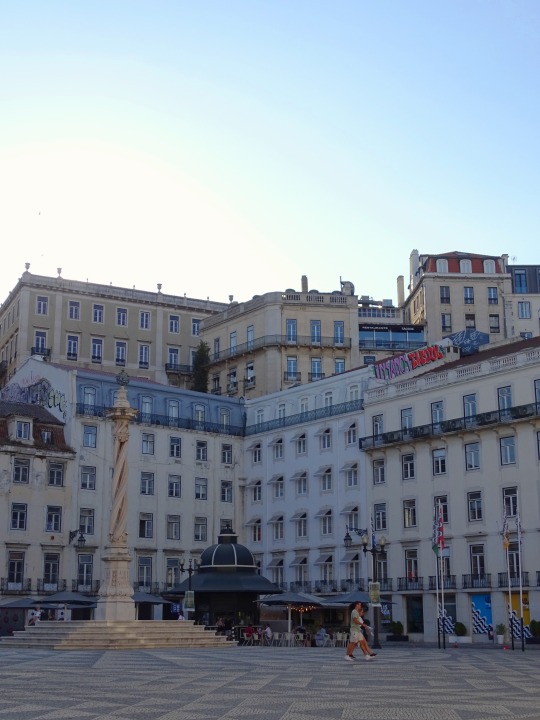
The 1761 Lisbon earthquake stroke off the Iberian Peninsula with an estimated magnitude of 8.5 on March 31, 1761.
#Belém Tower#Tejo River#Lisbon earthquake#Lisbon Cathedral#Portugal#São Jorge Castle#Lisboa#summer 2021#original photography#vacation#travel#architecture#cityscape#tourist attraction#landmark#Praça do Comércio#Igreja de São Paulo#D. Maria II National Theatre#Praça do Município#31 March 1761#anniversary#Portugese history
5 notes
·
View notes
Text
alive alive
contemplating the living forces of nature, thinking about life beyond biology (the layperson's perspective)
i have been thinking a lot about how the earth is alive. maybe even how the world is alive. like, alive alive. the all-singing, all-dancing, moving, caressing, feeling, vibing atmosphere that we have all found ourselves in. the twinkle of the stars, the erosion of a cliff face, the coming and going of the seasons, the whip of the wind, the rise and fall of the sea, the trickle of a stream. so much of the earth is not what we regard as being alive, and i find it fundamentally unusual that we reserve the idea of life for things that manifest in a specific way. i’m not a biologist, and the science of the universe baffles me. but i don’t know how to stand at the edge of an ocean, my feet slowly being consumed by the waves, wet silt building slowly around my ankles to stabilise me, without thinking, ‘what is this, if not alive?’ what does the ocean do if not soothe? what do the cliffs do if not hold?
last week i took a boat trip to berlenga island, just off the coast of lisbon. i am always humbled by the ocean—by its vastness, and as someone for whom the titanic is always in mind, by its mercy. on the journey back to the hotel, i sat on the floating front of the prow of our little boat for a while and let my legs dangle, watching the waves, and it was as close as you can probably be to riding the sea.
as i got progressively more queasy, i followed the patterns for a long time, and i couldn’t really figure out which direction anything moved in, including myself. lost at sea, immeasurably. so later, i looked it up. did you know waves move in circles? you probably did. i didn’t. i have absolutely no idea how these natural processes work. if i were in an ancient civilisation, i would get hit by wind exactly one time before being like, ‘wow, this is witchcraft, i’m doomed.’ wind: caused by the varying pressures in the atmosphere? hot air rises and cold air rushes in? a mystery! feels plenty alive to me! why does it hit my face the way it does—why some days the gentle stroke of a breeze on my sweaty back in the summer, and others a force big enough to move oceans? why at the same time? lisbon is a particularly significant place to be thinking about this: a city plighted by earthquake, great fire, and tsunami in a matter of hours, and left to rebuild from the wreckage.
i’ve had this in over my head experience with windsurfing and paragliding, as well. the wind, never tamed, but understood by people who’ve been observing it for a lifetime and who still prefer to use modern technology to double check their voyages are safe. a respect and a fear instilled by regarding these changes around us as almost alive. almost.
it’s not that i don’t trust scientists when they explain simple geological concepts to me—i suppose it’s like intellectually knowing something rather than intrinsically knowing it deep, deep in your bones. how can you demystify that? how can the winds—the oceans, the lakes, the tectonic plates, the rock formations and volcanoes—how can they not be alive? they are growing, shrinking, subsisting and existing like all of us, not just to hold life as an ecosystem, but as motion in themselves—erosion, weathering, death and becoming.
i have been reading braiding sweetgrass of late, which is where a good deal of thinking about this comes from. in the book (at least the half of it i’ve read so far), kimmerer talks a lot about the reciprocity between people and land, and the idea that we are all alive and that the earth, the sky, the land and its processes are not a dead ‘it’ while we are an alive ‘they’. the earth is being all the time and so am i and so are we all, and it’s kind of hard to think about and also to not think about.
where am i with all this? breathing through the crushing feeling in my chest that has kept me company every day since i can remember; thinking about doing laundry, about growing a flower trail up the side of my apartment that the kids next door won’t prick themselves on, on getting rid of the fungus gnats that are plaguing a couple of my plants, about my husband who has a headache and is squinting, about recharging. the ecology and community of self is as alive as anything else. dwelling on the world and where we all fit into it and how to preserve ourselves and each other—the human each other, the animal each other, the plant each other, the tectonic plate rock formation beach gravestone church road brick wall limestone cliff fossilised shell firewood smelted and mined ring earthquake each other.
45 notes
·
View notes
Text
i'm sorry but i still think the 1755 lisbon earthquake is SO funny. most overdramatic natural disaster in the world AND it happened on all saints day

^^^^ thigns that happen when god says fuck your ENTIRE shit
22 notes
·
View notes
Text
Bro we had an earthquake today and the news are all coming out with REMEMBER WHEN LISBON WAS FUCKING DESTROYED BY AN EARTHQUAKE? jesus
27 notes
·
View notes
Text
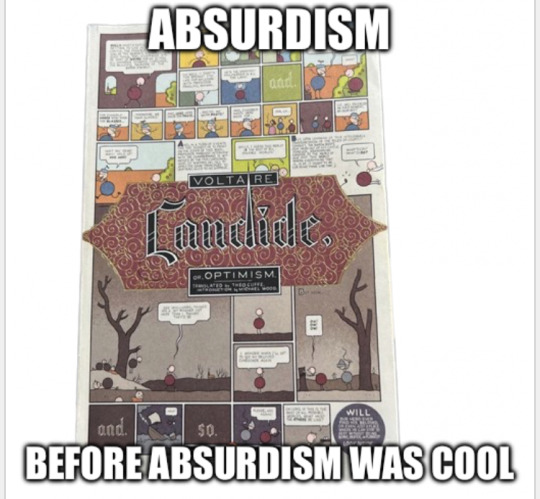
I will die on this hill
#cause the whole thing in Candide is he's arguing against Leibnitz who's saying it's the best of all possible worlds and that everything#that happens happens for an eventually good reason#and Voltaire's not just arguing that everything is terrible; for all that he's smarter than Pangloss Martin is still wrong about Cacambo#coming back.#and Martin's idea was that there's a Good god and a Bad god that control everything#but Candide (book not character) shows that things like the Lisbon earthquake or good men drowning simply don't have a reason; good or bad#things happen essentially randomly and there's no order to it#*but*#(and this is moving away from the absurdism point but I want to talk about it)#despite all the random uncontrollable things Candide faces there's also much that's manmade#and I've seen some interpretations of the book that seem to thing the ending is saying to just escape from the world and don't bother#with trying to change it but I don't think that's the point because first of all obviously Voltaire didn't think it was useless to try and#change things or he wouldn't have written the fucking book; and also Martin and Pangloss share the similarity of believing that#any attempt to better the world is pointless because Pangloss thinks it couldn't get any better and Martin. well. also thinks that but in a#negative way#and the way I see it the book is as much a critique of fatalism as it is of Leibnitz's optimism#and really those are one and the same; if this is the best world it means nothing can ever improve and we're stuck in this pile of shit#tldr; shit happens for no reason; ya can't fix it but at least you could make it a bit better for the people around you; and you might as#well enjoy some pistachios while you're doing it#guys i promise i do know how to write actual literary analysis and someday i'll post it#but it's easier to just rant in the tags for 5 minutes#also jacques and the old woman both fundamentally changed the story through being willing to help candide + pangloss/cunégonde
5 notes
·
View notes
Text
In Portugal rn and I brought a little notebook with me so have some sketches and a bit of history🫶

This is the Castle of São Jorge and it was built by the moors during the muslim occupation of Portugal; it has something around a thousand years of history! Obviously the part which I drew is only a small wall - it is gigantic (and kinda scary when at the top for someone that has a tinge of fear of heights) but be not mistaken, the castle has been in better shape, as it is basically ruins of what it once was. Very pretty, nonetheless!

This is the Arco da Rua Augusta - Augusta street arc? Not sure of the translation... - and it is the entry to the Rua Augusta (shock!), a very commercial street with lots of food and things to buy. It was in the Pombaline period (also not sure of its translation; Período Pombalino.) that its construction began, a bit after the 1755 earthquake, which destroyed a good part of Lisbon. There's also a marvelous confectionery near the street, Confeitaria Nacional!

And this one is the famous Torre de Belém! I actually lost my pen (my trustworthy bic :(() so I had to buy another one, but I actually like it so that's okay. It's from around 1500 and made to protect the Tejo river from attacks from the sea. The tower has served as many things over the many years it's been up: a fortress, a lighthouse, a customs port and even a telegraph station!
Also!!! Happy new year!!!! Hope we have a nice 2025!!!!!
#not my normal content but well here I am#The food here is also DELICIOUS#I haven't eaten anything bad yet#lots of fish and eggs#portugal#history#Belem#travel#travelling#lisbon#lisboa
10 notes
·
View notes